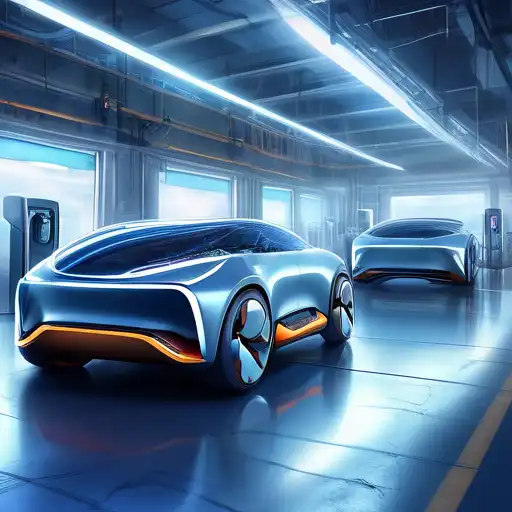Introduction to Electric Vehicles and Automotive Technology
The automotive industry is undergoing a significant transformation, driven by the advent of electric vehicles (EVs) and cutting-edge automotive technologies. This shift not only promises to reduce carbon emissions but also enhances the driving experience with unprecedented innovations.
The Rise of Electric Vehicles
Electric vehicles have moved from niche to mainstream, thanks to advancements in battery technology and growing environmental awareness. Companies like Tesla, Nissan, and Chevrolet are leading the charge, offering models that combine performance with sustainability.
Key Technological Advances in Automotive Industry
Beyond electrification, the automotive sector is witnessing breakthroughs in autonomous driving, connected car technologies, and AI-driven safety features. These innovations are setting new standards for convenience, safety, and efficiency on the road.
Benefits of Electric Vehicles
- Reduced carbon footprint
- Lower operating costs compared to traditional vehicles
- Enhanced performance with instant torque
- Quieter operation
Challenges and Solutions
Despite the progress, challenges such as limited charging infrastructure and battery life concerns persist. However, solutions like fast-charging stations and solid-state batteries are on the horizon, promising to address these issues head-on.
The Future of Automotive Technology
The future looks bright with the integration of renewable energy sources, vehicle-to-grid technology, and further advancements in autonomous driving. These developments are not just transforming how we drive but also how we think about transportation.
Conclusion
Electric vehicles and automotive technology advances are revolutionizing the road, offering a cleaner, safer, and more efficient future. As the industry continues to evolve, staying informed about these changes is crucial for consumers and enthusiasts alike.
